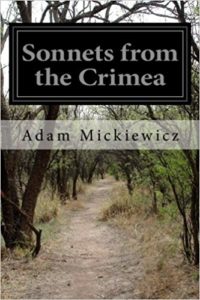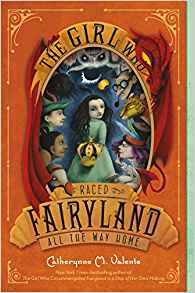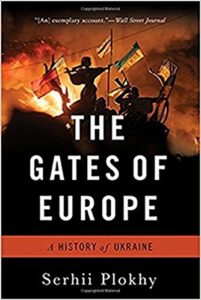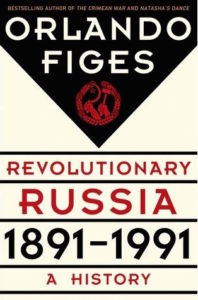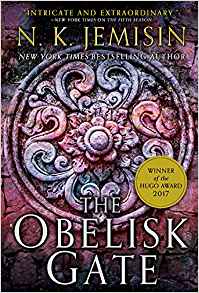Doors sometimes open from the mundane world into more fantastical, miraculous realms, and sometimes children find their way through these doors to sojourn a while among the fae, with the King of the Dead, with scientists creating life from dead tissue and electricity, with forms and dreams stranger still. Many of those who return from such a journey understandably feel out of place in the mundane world. Rent from worlds full of magic, where they were often favorites of those worlds’ rulers, they are expected to get on with the normal business of homework, piano practice, and pestering siblings. Their parents or guardians are generally at a loss; they do not know what to with these sometimes beloved children who return from being missing, but still seem gone in crucial ways.
Some fortunate fraction find their way to Eleanor West’s Home for Wayward Chilren. Upon meeting a child’s family, West
explained, so earnestly, so sincerely, that her school would help to cure the things that had gone wrong in the minds of all those little lost lambs. She could take the broken children and make them whole again. …
She had been working on this routine for a long time, and she knew how to play upon the fears and desires of adults. They wanted what was best for their charges, as did she. It was simply that
they had very different ideas of what “best” meant.
To the parents, she said, “This is a delusion, and some time away may help to cure it.”
To the aunts and uncles, she said, “This is not your fault, and I can be the solution.”
To the grandparents, she said, “Let me help. Please, let me help you.”
Not every family agreed on boarding school as the best solution. About one out of every three potential students slipped through her fingers, and she mourned for them, those whose lives would be so much harder than they needed to be, when they could have been saved. But she rejoiced for those who were given to her care. (pp. 7–8)
Every Heart a Doorway begins with the matriculation of a new student, Nancy, who at first cannot believe that Eleanor is speaking so calmly about such important matters. She meets her roommate, Sumi, who has been to a nonsense world. Sumi is hardly the soul of tact, saying that Nancy is too boring a name for someone at the school, and then setting off the first conflict by calling her stupid for believing that she will go back to the world she visited. Just as quickly, mercurial Sumi takes Nancy under her wing and starts to introduce her to other students at the boarding school: Kade, “the most beautiful boy Nancy had ever seen” (p. 26), but then gets bored after one exchange and flops out of a window. Eleanor announces Nancy to the rest of the student body at dinner. She spends her first meal with Jack (“short for Jacqueline”) and Jill (“short for Jillian because our parents should never have been allowed to name their own children” p. 36). More interesting characters appear at group therapy, including the therapist who made a bad bargain with some fae and is now ageing in reverse.

It’s a perfectly cromulent story, engaging, with the right mix of strangeness and familiarity to pull a reader along. I remember zipping right through it back in mid-June. The introductions seem a bit long for a work that only reaches 150 small pages, but that makes more sense now that I see Every Heart a Doorway is first in a set of three. The pace picks up considerably when the first student is killed. From then on, Nancy’s task of learning how to live in the world (or how to return to the one she visited! — so preferable from her point of view, so terribly unlikely) is supplanted by having to make sure she lives at all, and trying to find out what is happening in her unusual school.
On the whole, though, I’m not really who this story is aimed at. I’m closer to the mystified parents, worried to death about a child who was missing, relieved beyond words at the return, puzzled and concerned at the transformation that occurred in the meantime, the parents implicitly dismissed by the story as either cruel or stupid. The rituals of new roommates, of lunchroom hierarchies, of teachers one wants simultaneously to please and disdain are things that I recall, but no longer feel much urgency about. It’s a good story, well told, it’s just not for me.
+++
Every Heart a Doorway was the thirteenth bit of Hugo reading I did this year, and the eleventh I have written about. It won this year’s award for best novella.
The second book in the series, Down Among the Sticks and Bones was published in June 2017. The third, Beneath the Sugar Sky, will be published in January 2018.

